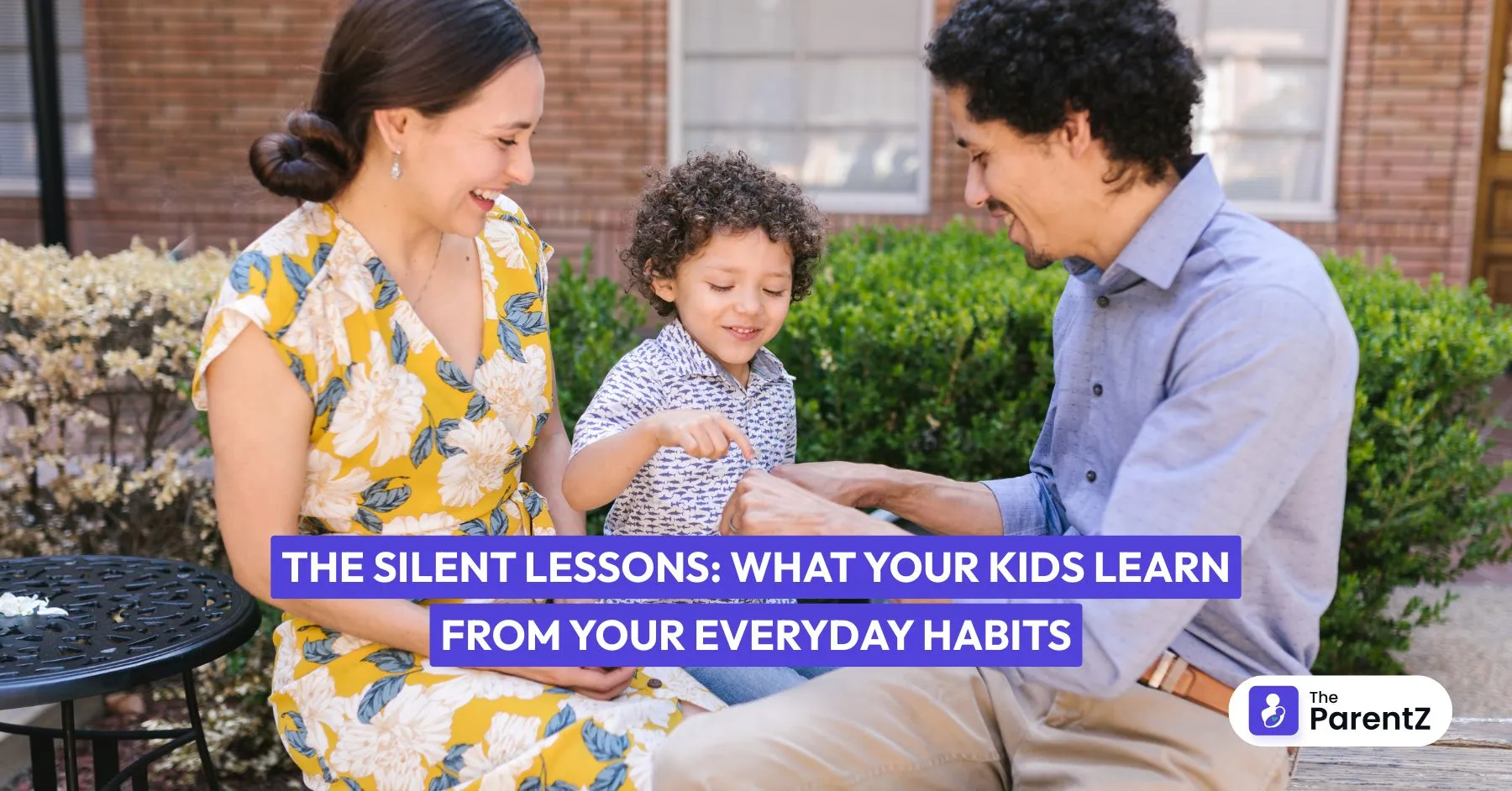Every parent wants the best for their child. Most of us spend time teaching our kids to say “please” and “thank you,” to share their toys, and to finish their vegetables. What many parents don’t realize is that the biggest lessons kids learn come not from what we say, but from what we do every single day. Our everyday habits, big and small, are like silent teachers, quietly shaping our children’s values, attitudes, and behaviors.
Everyday Habits: The New and the Familiar
Life today looks different from the way it did even a decade ago. Technology is everywhere, work-life balance is a daily struggle, and self-care is finally getting the attention it deserves. These changes have brought new habits into our homes, along with the old ones. Here are some everyday habits that kids are watching closely:
- Checking your phone at the dinner table
- Scrolling through social media before bed
- Working from home or bringing work home
- Exercising regularly or skipping it
- Eating meals together or on the go
- Saying sorry when you make a mistake
- How you talk about your own body and health
- How you treat others, from family to strangers
- The way you handle stress or frustration
- How you talk about money, success, and failure
The Good Side: Positive Lessons Kids Absorb
Kids are like little sponges, soaking up the good stuff when we least expect it. Here are some of the positive lessons they pick up from our habits:
1. Respect and Kindness
When you greet neighbors with a smile, thank the cashier, or help someone in need, your child learns the value of kindness and respect. These small moments teach them how to treat others, even when no one is watching.
2. Healthy Living
Choosing a salad over fries, going for a walk, or drinking water instead of soda might seem ordinary. To your child, these choices show what it means to take care of your body. They learn that health is a priority, not just a chore.
3. Apologizing and Forgiving
If you lose your temper and then apologize, your child sees that it’s okay to make mistakes. More importantly, they learn that saying sorry and forgiving are part of healthy relationships.
4. Handling Stress
Taking deep breaths, going for a run, or talking things out instead of yelling shows your child positive ways to handle stress. They learn that big feelings are normal and there are healthy ways to deal with them.
5. Digital Boundaries
Putting your phone away during family time or setting limits on screen use teaches your child that technology should not take over real-life connections.
The Not-So-Good Side: Habits That Send the Wrong Message
Just as kids learn from our best moments, they also pick up on the habits we might not be proud of. Here are some ways our actions can send the wrong message:
1. Constant Phone Use
If you’re always on your phone, your child may feel less important or learn that screens matter more than people. They might copy this habit, leading to more screen time and less real-world interaction.
2. Negative Self-Talk
Talking badly about your appearance or abilities can make your child doubt themselves. They may start to feel insecure or believe that being hard on yourself is normal.
3. Avoiding Apologies
If you never admit when you’re wrong, your child might struggle to take responsibility for their actions. They may find it hard to say sorry or forgive others.
4. Stressing Over Work
Bringing work stress home or complaining about your job teaches your child that work is always overwhelming. They may worry about their own future or feel anxious about growing up.
5. Ignoring Self-Care
Skipping meals, never taking breaks, or not making time for rest can teach your child that self-care isn’t important. They may grow up thinking it’s normal to ignore their own needs.
Lessons Learned: The Good and the Bad
Kids learn both good and bad habits from us, often without us realizing it. The way you handle challenges, celebrate wins, and even deal with disappointment becomes their blueprint for life. They learn how to treat others, how to care for themselves, and how to handle the ups and downs of life by watching you.
What Can Parents Do?
No one is perfect. The goal isn’t to be a flawless role model but to be aware of the lessons your habits are teaching. Here are a few simple steps:
- Reflect on your daily routines and notice what your child might be picking up.
- Talk openly about your habits, both good and bad. Let your child know you’re always learning too.
- Make small changes where you can, like putting away your phone during meals or taking a walk together.
- Show your child that it’s okay to make mistakes and that growth is a lifelong journey.
Your everyday actions speak louder than words. The silent lessons you teach today will shape your child’s tomorrow.
Conclusion
Every day habits might seem small, but they leave a lasting mark on your child’s heart and mind. Kids are always watching, learning from how you handle life’s daily moments, both big and small. By becoming more mindful of your actions, you can guide your child toward kindness, resilience, and healthy living. Remember, it’s not about being perfect. It’s about showing your child that learning and growing never stop. The silent lessons you share today will help shape the person your child becomes tomorrow.





Be the first one to comment on this story.